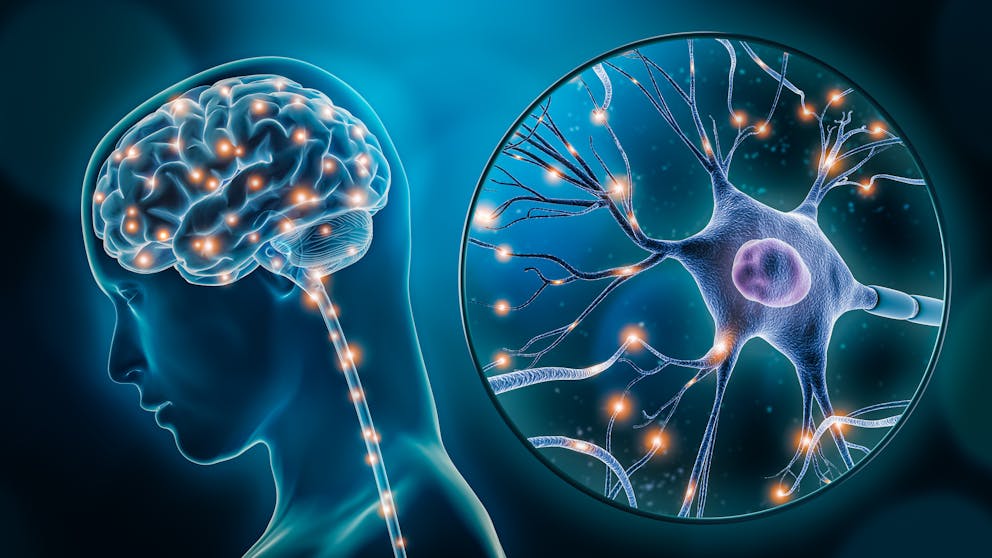Symptoms, conditions and causes
Is it possible to have nutritional deficiencies from consuming low fat protein?
Nutritional Deficiencies from Ultra-Low Fat Protein Sources
If you're relying on ultra-low fat protein sources like certain whey protein powders, you may be putting yourself at risk for nutritional deficiencies. These protein sources often lack important vitamins and minerals that your body needs to function properly.
Insulin Response and Nutrient Absorption
Another issue with ultra-low fat protein sources is that they can trigger an insulin response in your body. When you consume protein without enough fat, your body releases insulin to help process the protein.
Over time, this can lead to insulin resistance and other health problems. Additionally, consuming protein without fat can actually hinder your body's ability to absorb certain nutrients.
Fat-soluble vitamins like A, D, E, and K require fat to be properly absorbed by your body. Without enough fat in your diet, you may not be getting the full nutritional benefits of the foods you're eating.
The Importance of Fatty Acids in a Proper Diet
So, what's the solution? It's simple: make sure you're getting enough healthy fats in your diet. Fatty acids, particularly unsaturated fats found in foods like fish and nuts, are essential for overall health and well-being.

Brain Function and Nervous System Health
Did you know that your brain is made up of about 60% fat? It's true. Fatty acids play a crucial role in brain function and nervous system health. They help to build and maintain cell membranes, support the endocrine system, and even boost immune function.
Omega-3 fatty acids, in particular, have been shown to have powerful brain-boosting benefits. These fatty acids are found in foods like salmon, sardines, and walnuts.
Incorporating these foods into your diet can help support healthy brain function and reduce your risk of cognitive decline.
Dietary Sources of Essential Fatty Acids
So, where can you find healthy sources of fatty acids? Here are a few examples:
Fatty fish like salmon, mackerel, and sardines
Nuts and seeds like walnuts, chia seeds, and flaxseeds
Avocados
Olive oil
Eggs
Full-fat dairy products like yogurt and cheese
By incorporating these foods into your diet, you can ensure that you're getting the essential fatty acids your body needs to function properly. And trust me, your brain and nervous system will thank you.
In fact, many survival manuals advise against consuming rabbit meat if it's the only food available, due to its low fat content. Instead, they recommend seeking out fattier sources of protein to ensure your body gets the nutrients it needs.
The bottom line? Don't be afraid of fat. Embrace it as an essential part of a proper, healthy diet. Your body (and your taste buds) will thank you.
Last updated: May 08, 2024 14:17 PM
